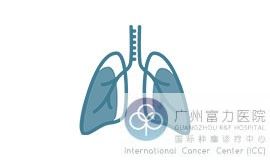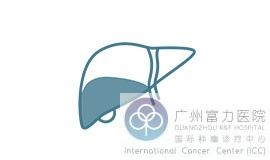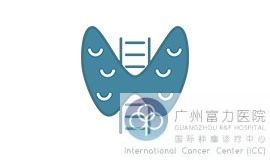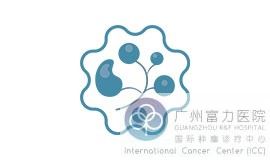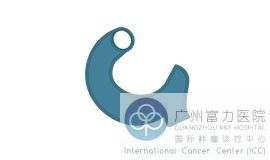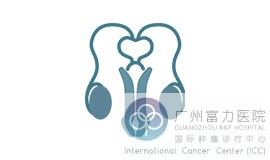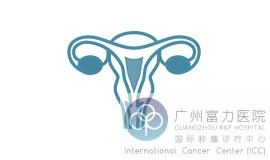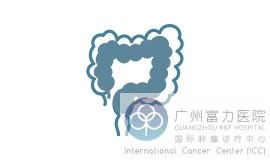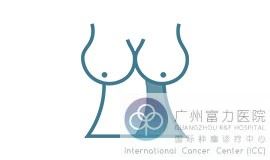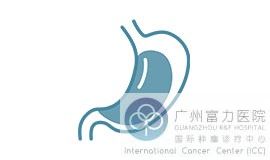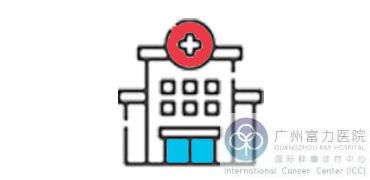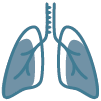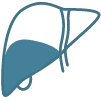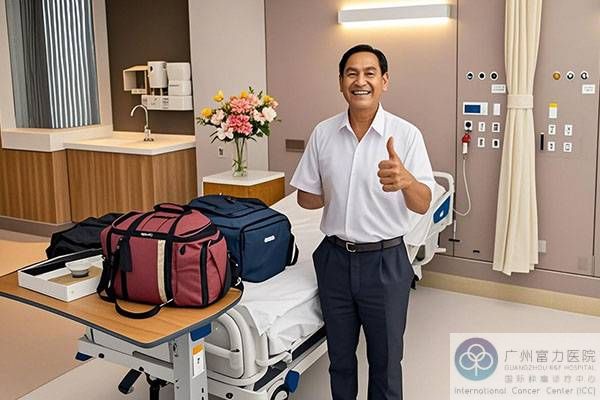—— Lymphoma ——
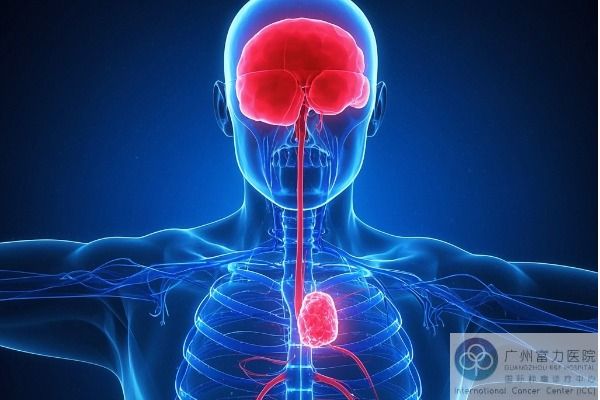
Lymphoma is a malignant tumor originating from the lymphatic hematopoietic system. Common symptoms include painless lymphadenopathy, hepatosplenomegaly, and fever, night sweats, weight loss, and skin itching caused by involvement of tissues and organs throughout the body. According to data from the World Health Organization (WHO), there are approximately 589,600 new cases worldwide each year, with a standardized incidence rate of 6.6/100,000, indicating that it is not a rare disease and poses a significant threat to human health.
For patients with advanced and late-stage lymphoma, with the advancement of medical technology, a minimally invasive technology with few side effects and less trauma has brought new hope for treatment. This technology avoids the pain caused by traditional surgical resection and chemotherapy, not only improving the patient's quality of life, but also effectively prolonging survival.
Hodgkin's lymphoma stages and 5-year survival rates (American Cancer Society statistics):
Stage I: The lesion is confined to a single lymph node area or local involvement of a single extranodal organ. The 5-year survival rate is 90%.
Stage II: The lesion involves two or more lymph node areas on the same side of the diaphragm, or locally invades organs other than lymph nodes and more than one lymph node area on the same side of the diaphragm. The 5-year survival rate is 90%.
Stage III: The lesions involve the lymph node areas on both sides of the diaphragm, which may be accompanied by spleen involvement or localized involvement of extranodal organs. The 5-year survival rate is 80%.
Stage IV: The disease is widely disseminated, involving one or more extranodal organs with or without lymphadenopathy, or diffuse involvement of a single extranodal organ with distal lymphadenopathy. The 5-year survival rate is 65%.
Non-Hodgkin's lymphoma: low-grade lymphoma, intermediate-grade lymphoma, and high-grade lymphoma
—— Traditional treatment technology for lymphoma ——
Traditional treatments for lymphoma
Surgery: Surgery is used to remove cancerous tissue and any lymph nodes in the neck that may have metastasized.
Radiation therapy: It can be used as a single treatment or combined with other treatments such as surgery or chemotherapy.
Chemotherapy: often used as palliative treatment for advanced cancer that is inoperable or has distant metastasis;
—— New technology for fighting lymphoma ——
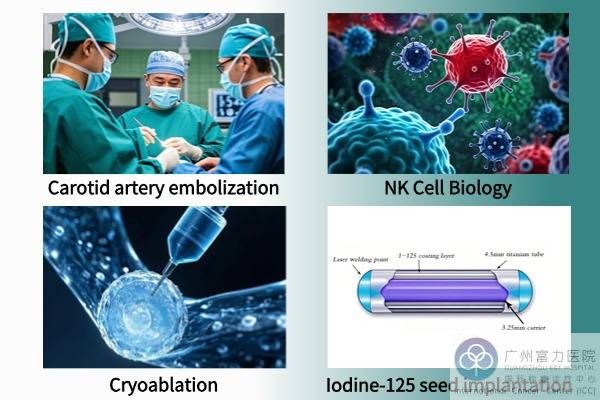
What is transarterial embolization?
Transarterial embolization is a minimally invasive technique that "starves the tumor to death." Under the guidance of DSA (digital subtraction angiography), the physician inserts the catheter into the tumor-supplying artery through femoral artery puncture (only a 2mm incision) and injects embolic agents (such as drug-loaded microspheres and iodized oil) to block blood flow. The tumor necroses due to ischemia and hypoxia, while the surrounding normal tissues are almost intact. If combined with chemotherapy drugs (i.e. TACE), a double blow of "cutting off food supply + poisoning" can be achieved simultaneously, and the efficacy can be increased by 2-3 times. It is done under local anesthesia, leaving only tiny pinholes in the skin.
What is NK cell biological immunotherapy?
NK cells (natural killer cells) are the "vanguard" of the human immune system. They can quickly identify and destroy cancer cells and abnormal cells infected by viruses without having to "remember" the enemy in advance.
What is cryoablation?
Cryoablation is a minimally invasive technique that physically destroys tumors through "extremely low temperatures". Under the guidance of CT or ultrasound, the doctor accurately punctures a pen-thin ablation needle into the tumor and releases argon gas to instantly cool the tumor to -140℃~196℃. The extremely cold environment freezes cancer cells into ice crystals, and the cell structure completely collapses. Subsequently, the helium gas is quickly heated to 20°C~40°C, and the alternating hot and cold "temperature difference attack" further destroys the residual cancer cells without damaging the surrounding normal tissues.
What is iodine-125 seed implantation?
Iodine-125 seeds are a type of "mini-radiotherapist" that is only 4.5 mm in size and contains the radioactive isotope iodine-125. After accurately locating the tumor using imaging technology (such as CT), doctors use a fine needle to implant dozens to hundreds of iodine-125 particles into the tumor. These particles deliver low-dose radiation over a continuous period of time (about 6 months), directly destroying tumor cells while maximizing the protection of surrounding normal tissue.
In addition, we also have the following tumor elimination technologies:
Radiofrequency ablation, cytokine therapy, CAR-T cell therapy, microwave ablation, immune checkpoint inhibitor PD-1/PD-L1 therapy, monoclonal antibody therapy...
—— Enter the technology area to see which technology is more suitable for you
—— Lymphoma Patient Stories ——

Nguyen Thi Mai (Vietnamese patient)
"In Vietnam, they said there was nothing they could do. Coming to R&F, I have a healthier body. I can continue to accompany my daughter..."
—— To know how he recovered, read his story
—— Symptoms of Lymphoma ——
Systemic symptoms: fever, itchy skin, night sweats, and weight loss
Swollen lymph nodes
Skin lesions
—— For more cancer knowledge, please click on the online doctor for consultation.
—— Lymphoma Diagnosis ——
Imaging tests
Ultrasound examination
CT, MRI, and sonography
Lymph node biopsy
Blood test
Bone marrow slices
Liver slices
Biopsy
Mediastinoscopy
—— Enter the diagnostic center to learn about the latest diagnostic and treatment technologies
Use precise technology to create more possibilities for life.
The Cancer Center of Guangzhou R&F Hospital has opened an era of "chemotherapy-free survival" for cancer patients, winning a lasting victory for life. If you or your family are facing difficulties in cancer treatment, please contact the Guangzhou R&F Hospital Cancer Center. We offer multilingual medical history consultations, contact us today to get an assessment of your treatment eligibility.
Contact Us:
email: rfcancercenter@gmail.com |
WhatsApp: +86 18565157271










